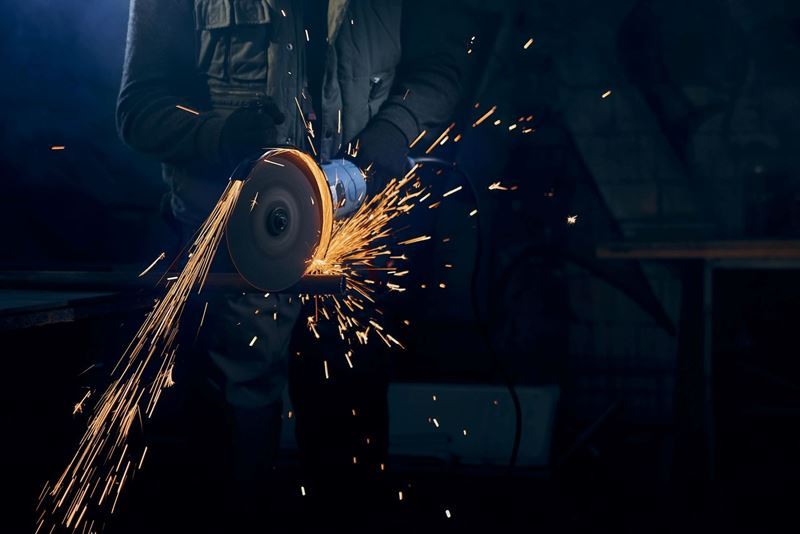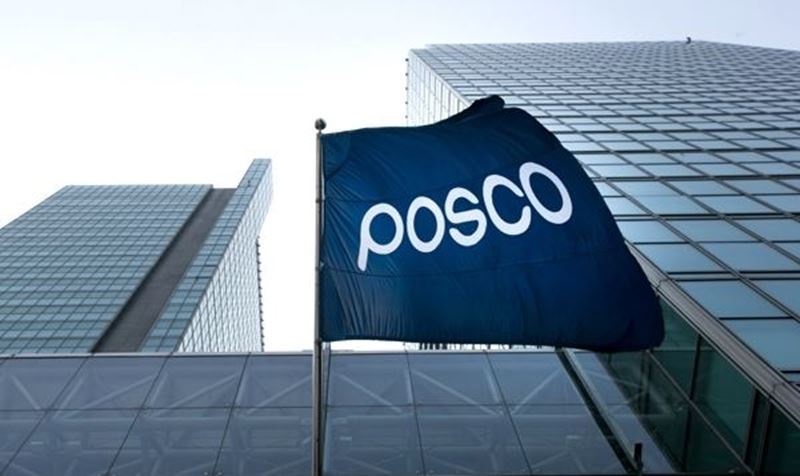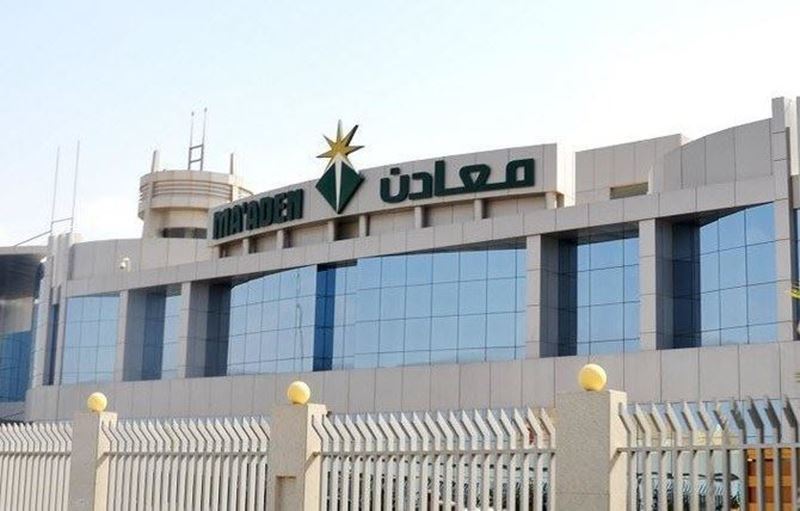China, which significantly influences the sector both in terms of production capacity and export power, has drawn attention to the possibility of a global contraction. The slowdown in the real estate sector and industrial activity are particularly on the agenda.
Baowu Steel, a major Chinese steel producer accounting for about 7% of global steel production, has issued warnings about the situation.
Baowu's warnings are of great concern to steel markets worldwide, especially in Asia. It is argued that China's increasing exports pose a significant threat to competitors in Asia, Europe, and North America. Steel shipments from China are expected to reach around 100 million tons in 2023, the highest level in recent years. This suggests that the sluggish local demand is being attempted to be compensated through exports.
This impact from China is not limited to local markets. German steel giant ThyssenKrupp's announcement of significant profit losses and ArcelorMittal's statement that China's rising exports are pushing the industry to an unsustainable point highlight the global challenges.
Global investors are anticipating a potential recession in the US in response to the Federal Reserve's interest rate cuts. Meanwhile, the difficulties in the Chinese economy should not be overlooked. Baowu's warnings about steel and other commodities point to potential dangers for demand and prices. Additionally, ArcelorMittal's description of the situation as "An aggressive increase in exports from China" carries the potential to create a serious imbalance in global steel markets, further increasing uncertainty in the sector.
China's steel industry has faced crises before, including during the 2008-2009 Global Financial Crisis and the economic shocks of 2015-2016. While these crises resulted in significant losses, they were overcome through large-scale stimulus packages. However, in 2024, given President Xi Jinping's efforts to reshape the economy, such a stimulus intervention appears less likely.
"It will be a cold and harsh winter"
Hu Wangming, Chairman of China Baowu Steel Group, in a speech at the company's half-year meeting, highlighted that the sector is facing a more serious problem than the major crises it experienced in 2008 and 2015. In his address to employees, Hu warned of the challenging times ahead, saying, "Conditions in China's steel sector will be longer, colder, and more difficult than we expected; a harsh winter awaits us."
"Cash is important, profits secondary"
Baowu Steel Group, while not explicitly addressing the causes of the current downturn, has emphasized a crucial approach for its employees: "Preserve cash and minimize risks."
In a statement, Baowu stressed the importance of financial security, urging "all levels of finance departments to pay more attention to the company's financial safety." The company further highlighted liquidity as a critical priority, declaring that "in navigating this long and harsh winter, cash is more important than profit."
Decreasing steel prices are sounding the alarm for a crisis
Declining steel prices are further reinforcing signals of a crisis. Iron ore futures in Singapore have fallen to USD 95.20 per tonne, reaching their lowest level in a year. In Shanghai, rebar prices have hit their lowest levels since 2017. BHP, a major iron ore supplier to China, has seen its value decreased by about 3%.











Comments
No comment yet.